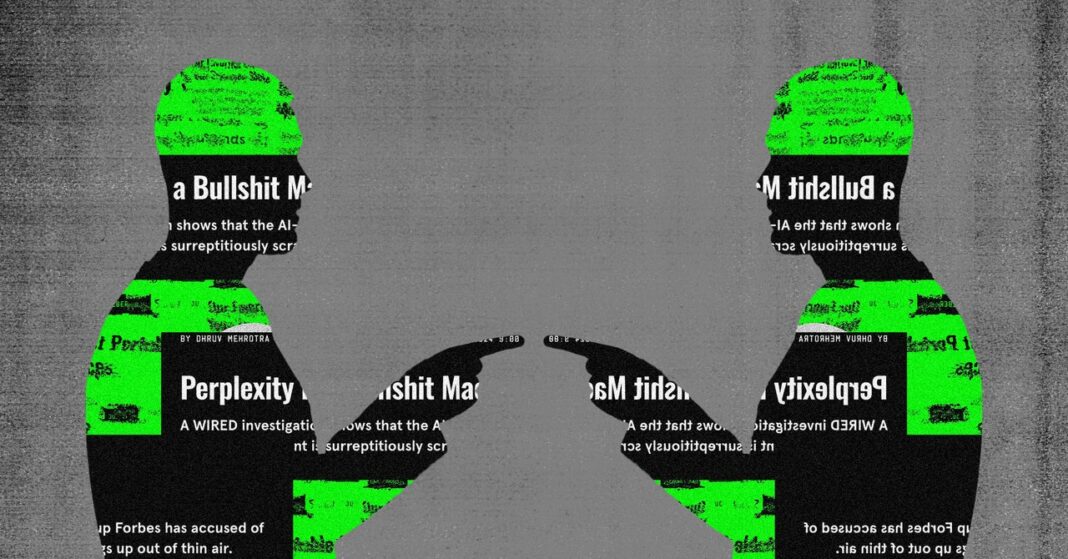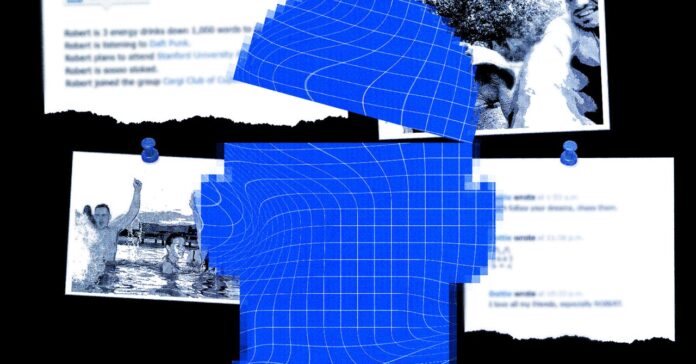In Short:
Experts warn that chatbot summaries could be at legal risk if they misrepresent stories, potentially leading to liability. While some believe copyright infringement may be an issue if summaries contain verbatim text, others argue focusing on technical aspects may not address market distortions. New legal frameworks may be necessary to protect creators and promote original work in the face of AI technology advancements.
The discussion surrounding the legal implications of AI-generated content, particularly in relation to copyright infringement, continues to evolve among legal experts and industry professionals. The use of AI technology to summarize and generate content has raised concerns about potential defamation, accuracy, and copyright issues.
Legal Risks
According to legal experts like Grimmelmann, there are potential legal risks involved if AI-generated content is found to be defamatory or inaccurate. Under Section 230, if edits made by a chatbot like Perplexity result in defamatory content, the protection provided by this section may not apply. In a case observed by WIRED, Perplexity’s chatbot falsely claimed that a specific police officer in California had committed a crime, which could lead to liability if proven.
Copyright Concerns
The discussion also extends to copyright infringement, with experts like Pam Samuelson and Bhamati Viswanathan offering varied perspectives. Samuelson highlights the issue of using another’s expression in a way that undermines the author’s ability to receive appropriate remuneration. Viswanathan, on the other hand, questions the threshold of substantial similarity required for a successful infringement claim, suggesting that an entirely new legal framework may be necessary to address market distortions and promote the underlying aims of US intellectual property law.
Future Implications
As the debate continues, the need to balance innovation with legal protections for creators becomes increasingly important. The rise of generative AI technology highlights the value of creativity while also pointing to potential challenges in ensuring creators can benefit financially from their work. The conundrum of how to address these issues while fostering creative economies remains a pressing concern for the legal and tech communities moving forward.





